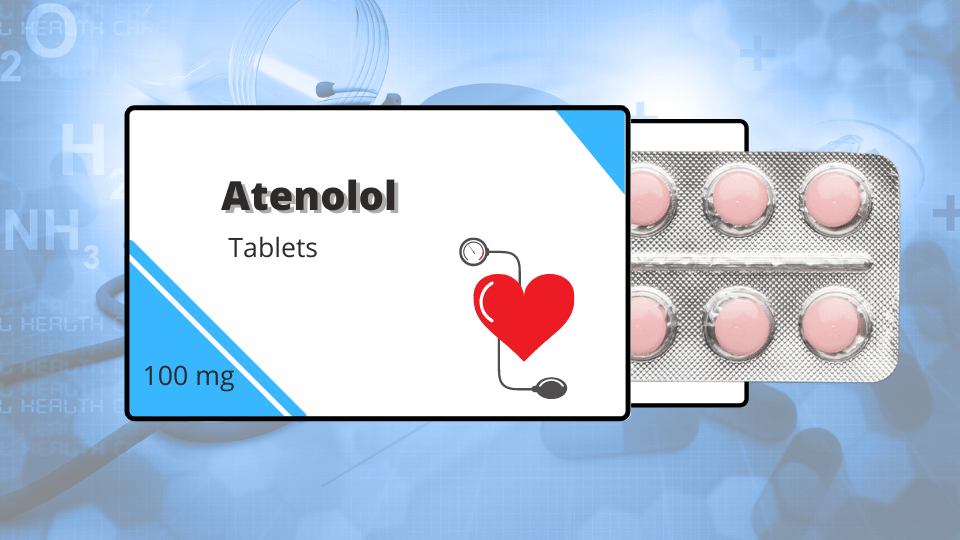Diltiazem is a Calcium Channel Blocker that is used to treat high blood pressure, angina (chest pain) and several other conditions.
It's a prescription medicine and is available as tablets, capsules, ointments or creams (topical dosage form).
Diltiazem works by relaxing the coronary arteries, increasing the delivery of oxygen to heart and decreasing heart rate.
Diltiazem is used to treat:
Diltiazem is available as:
Diltiazem ER:
Note: Different brands of extended-release (ER) diltiazem may not contain the same dose. Your medication is prescribed for your specific needs; hence it’s recommended to take your own brand without changing it.
For Capsules and tablets
Only Immediate-release tablets can be crushed; Immediate-release dosage forms should be taken before meals and at bedtime.
Sustained release capsules or tablets should not be broken, crushed, divided or dissolved.
Extended-release capsules or tablets should not be broken, crushed, divided or dissolved.
Some formulations such as (Cardizem CD, Cardizem LA and Cartia XT) may be taken without considering meals.
Can I stop taking the drug if I feel better?
Do not stop taking Diltiazem without talking to your doctor. If you stop suddenly the symptoms might reappear, and it may worsen angina.
What should I do If I missed a dose?
Take the missed dose as soon as you remember, however, if you are supposed to take your next dose within 2 hours, take one dose now and skip the next dose.
Be sure to tell your doctor if:
Pregnancy and breastfeeding:
Diltiazem is not usually prescribed during pregnancy, it’s best to discuss the matter with your doctor. Diltiazem might affect breastfed babies since the drug passes into the milk. Discussing with your doctor is necessary.
Can I drive and do hazardous work while I’m using Diltiazem?
Diltiazem causes dizziness since the drug can lower blood pressure; therefore, it’s recommended to avoid those activities until you have found out how diltiazem affects you.
Can I drink Alcohol while using diltiazem?
Avoid drinking too much. Alcohol may cause dizziness by lowering blood pressure.
Diltiazem is not suitable for certain individuals who:
Diltiazem is also not recommended for infants and children.
The frequency of these side effects is between 2% to 10% in Diltiazem users. The most common side effects of the drug are:
On rare occasions, you might have a severe anaphylaxis reaction (allergic reaction) to this medication; If this occurs, you should seek immediate medical attention and stop taking diltiazem immediately.
Read Diltiazem side effects in detail.
Several drugs and other substances can interact with diltiazem resulting in undesired effects.
Interaction can affect activity of the drug or increase the likelihood and severity of side effects.
Interactions with drugs
Diltiazem can form drug-drug interactions with the following drugs:
Interactions with Herbal medicine:
Ginseng, yohimbe and Ephedra might make hypertension worse, Ephedra might lead to worsened arrythmias as well.
Concentration of diltiazem might be decreased by St. John’s wort.
Garlic has a role in increasing antihypertensive effect.
Food interaction:To the present day no Food-Diltiazem interaction has been reported.
1. Kizior, R.J. and Hodgson, B.B. (2018). Saunders nursing drug handbook 2019. Philadelphia: Saunders.
2. British Medical Association (2015). British Medical Association new guide to medicine & drugs. London: Dorling Kindersley.
3. Joint formulary committee, BNF 80 (The British National Formulary), 80th Revised edition, Pharmaceutical Press, London, United Kingdom, [2020]
4. Baker, E., Burrage, D., Hitchings, A. and Dagan Lonsdale (2019). The top 100 drugs : clinical pharmacology and practical prescribing. 2nd ed. Amsterdam: Elsevier
5. Carol Mattson Porth et al., Essentials of Pathophysiology Concepts of Altered Health States, Third edition, Philadelphia, Pennsylvania, United States, Wolters Kluwer Health, [2011]
6. Bertam G. Katzung et al., Katzung and Trevor's pharmacology, 12th edition, United States of AmericaMcGraw Hill Education, [2019]
Most commonly reported side effects include: Swelling, fatigue, weakness, headache and dizziness. Find a list of other side effects.

Atenolol belongs to a group of drugs called beta blockers, it is used primarily in patients with hypertension, angina, and arrhythmias.

The urethra is a muscular canal that extends from the neck of the bladder to the exterior of body. Read more about the anatomy of urethra in this article.

Dosage guide of Lisinopril: Click to read about the dose for your specific condition and age group.

Learn about medical uses, safety profile, mechanisms and interactions of statins.

Comprehensive guide on Ozempic (semaglutide), including its uses, dosage, side effects, warnings, and interactions.
.png)